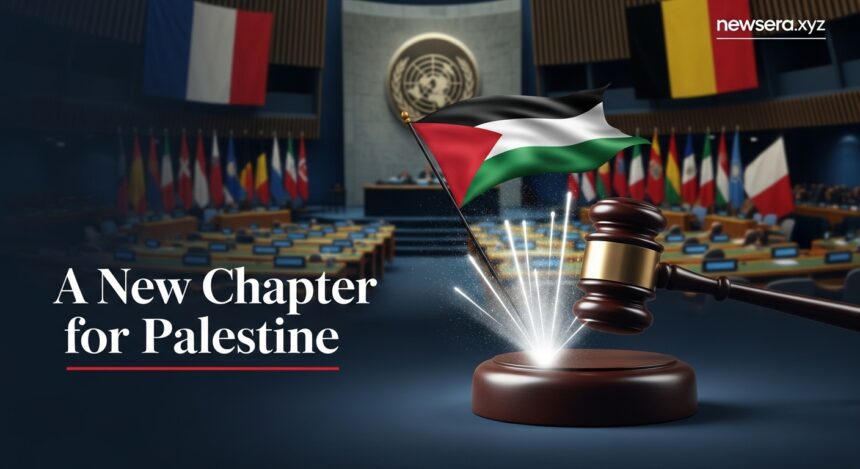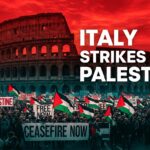In a bold diplomatic pivot at the United Nations in New York, French President Emmanuel Macron declared France’s formal recognition of the State of Palestine on Monday, igniting applause from over 140 world leaders and marking a seismic shift in Europe’s stance on the Israeli-Palestinian conflict. Speaking at a high-level summit co-chaired by France and Saudi Arabia, Macron proclaimed, “The time for peace has come,” emphasizing that the move preserves the “very possibility of a two-state solution, Israel and Palestine living side by side in peace and security.” This announcement, coming nearly two years into the devastating Gaza war that has claimed over 41,000 lives, positions France as the first G7 nation to extend such recognition, bringing the total to over 150 UN member states.
France’s decision triggered a cascade of similar declarations from European allies, underscoring a growing chorus for Palestinian statehood amid fears that Israel’s ongoing offensive in Gaza City could bury the two-state vision forever. Belgium, Luxembourg, Malta, Monaco, and Andorra swiftly followed suit, with Luxembourg’s Prime Minister Luc Frieden invoking his nation’s UN founding roots to affirm support for 1967 borders and East Jerusalem as the capital. This European momentum builds on Sunday’s announcements from the UK, Canada, Australia, and Portugal, creating a “wave of Israel’s allies” turning toward recognition to counter Hamas’s influence and revive peace talks.
The summit, boycotted by Israel and the United States as a “circus,” highlighted deepening rifts. Israel’s UN Ambassador Danny Danon decried the moves as rewarding terrorism, vowing responses including potential West Bank annexation, while U.S. officials warned of “consequences” for participants like France. Palestinian President Mahmoud Abbas, addressing via video after being denied a U.S. visa, hailed the recognitions as a “historic and courageous” step toward justice, urging more nations to follow. Spain’s Prime Minister Pedro Sanchez went further, labeling Gaza’s plight a “genocide” and tying recognition to halting settlement expansions.
Yet, holdouts like Germany and Italy cautioned that unilateral steps could be “counterproductive,” insisting on negotiated reforms, a ceasefire, and Hamas’s disarmament first. Macron outlined a phased framework for a “renewed Palestinian Authority” to govern Gaza and the West Bank, contingent on hostage releases and international aid— a nod to balancing Palestinian aspirations with Israeli security concerns.
As the 80th UN General Assembly unfolds, this European-led push signals urgency: With Gaza facing famine and settler violence surging in the West Bank, advocates argue recognition isn’t just symbolic—it’s a lifeline for diplomacy before the two-state dream slips away. Palestinian officials celebrated on social media, with posts hailing Macron’s speech as a “diplomatic victory,” while critics like Israeli PM Benjamin Netanyahu prepare countermeasures.





